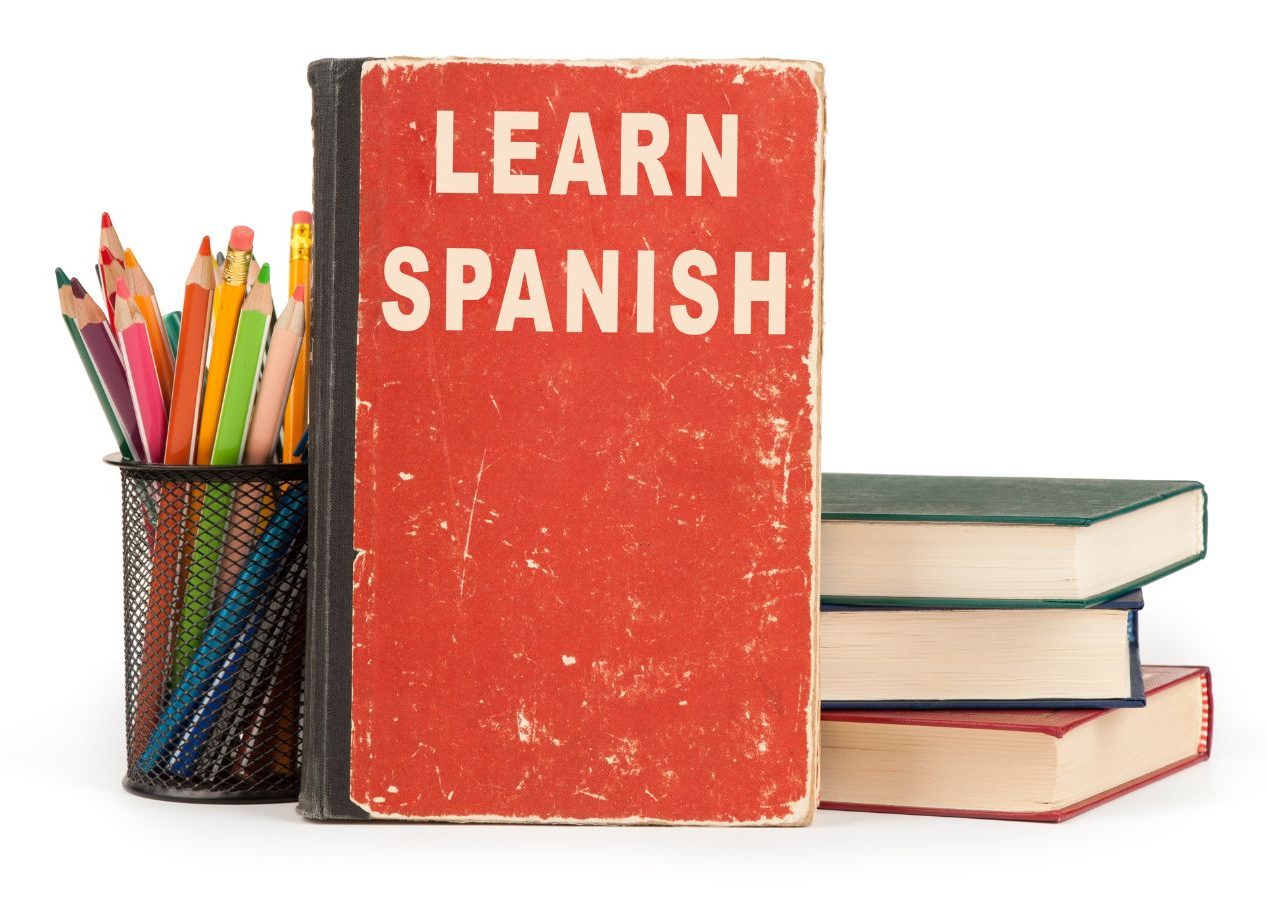agarrado — cheapskate, miserly.
agüevado — bored, bummed out, sad, dissatisfied, driven to distraction.
agüevazón — a situation that makes you feel agüevado, like waiting in line at the bank for two hours: ¡Qué agüevazón!
A eso voy — “That’s what I’m getting at,” “That’s what I’m saying.”
agarrar de maje — to trick someone. Me dijo que su hermana era bonita, pero me agarró de maje porque no tiene hermana. — “He told me his sister was pretty, but he tricked me because he doesn’t have a sister.”
al chile — literally “to the chile.” Usually this means fast, right now, right away, but it’s also used to mean “really.” ¿Al chile? — really? ¡Al chile! — really!
al final de cuentas — “at the end of the day,” in summation, to sum it all up, end of story.
arroz con mango — literally “rice with mango,” this means a tangle, a mess, un enredo.
bulla — noise, racket, uproar. Los vecinos estaban haciendo bulla hasta las 3 de la mañana — “The neighbors were making a racket until 3 a.m.”
chiva — cool, neat, great. Qué chiva — “How cool.”
chunche — thingamajig, whatchamallit, a word used for any little object you don’t know the name of.
comehuevos — egg eaters. Refers to frugal Costa Rican families who take cheap vacations on the beach, bringing boiled eggs to eat so they don’t have to pay for restaurants.
descarado — someone with no scruples who doesn’t care what anyone thinks about him; a shameless person, un sinvergüenza.
desmadre — a chaotic disaster, a mess.
despiche — same as desmadre, but more vulgar.
¡Güácala! — Yuck!
hediondo — stinky.
le patina el coco — literally “her/his head is skating,” this means someone is crazy.
madrear — to insult someone else in a vulgar fashion.
manda huevo — literally “send egg,” this means, “It’s easy, just do it, what’s the problem?” Tienes 10 mil dólares y quieres comprar un carro usado? ¡Manda huevo! — “You have $10,000 and you want to buy a used car? Just do it!”
me extraña — “I’m surprised.” Sometimes used sarcastically to mean “Obviously,” as when something expected happens and you’re not really surprised.
me pega el ombligo a la espalda — “My navel is sticking to my back,” meaning, “I’m hungry.”
meter la pata — literally “to stick your foot in it,” this means to screw something up. Ya metió las patas means a woman has gotten pregnant by accident.
miserable — cheapskate, miserly.
nada que ver — Literally “nothing to see,” this means that one thing has nothing to do with another thing, but it’s often used to mean, “No way,” “That’s wrong,” “That’s BS.” Este vino está en descuento, y todavía cuesta 20 mil? Nada que ver. — “This wine is on sale, and it still costs 20,000? That’s BS.”
por dicha — Luckily, thank goodness. An unreligious way of saying Gracias a Dios, “Thank God.”
Qué pereza — What laziness. An expression used when you’re feeling lazy and don’t feel like doing anything.
sinvergüenza — a shameless person, un descarado.
tacaño — tightwad, cheapskate.
¡Ufa! — Expression used when something smells bad, like when you smell a skunk.







